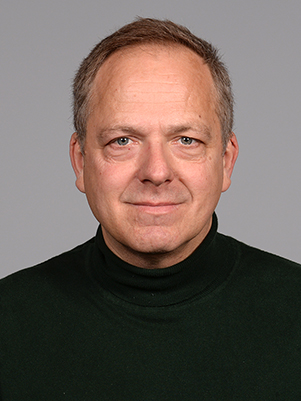Cosmology and Argument in Ancient Philosophy
The aim of this conference is to gather a select group of scholars working on ancient cosmology, logic, epistemology, and metaphysics to explore the interaction between ancient cosmologies and arguments from the Presocratics to Late Antiquity, how different modes of argumentation interact in a single author or a group of authors, and whether there was, if any, an evolution of these themes in the history of ancient Greek philosophy. The conference will take place at K. Donelaitis Room, Faculty of Philology, Universiteto st. 5.
Keynote speakers

Gábor Betegh
University of Cambridge
Caterina Pello
University of Geneva
Thomas Kjeller Johansen
University of Oslo
Barbara Michaela Sattler
University of St. Andrews
Klaus Corcilius
University of Tübingen
Matthew Duncombe
University of Nottingham
Chiara Ferella
Johannes Gutenberg University Mainz
Aistė Čelkytė
Leiden University
Mantas Adomėnas
Vilnius University / Baltic Institute of Advanced Technology
Vilius Bartninkas
Vilnius University
Luca Gili
Vilnius University
Aistė Čelkytė
Leiden University
Aistė Čelkytė is a researcher at the Leiden University Centre for the Arts in Society and an Associate Professor at Vilnius University. Previously, she was a postdoctoral fellow in the Galen project, Utrecht University. She has published The Stoic Theory of Beauty (Edinburgh University Press, 2020), Galen on Human Physiology (CUP, 2025), as well as many articles on Stoic philosophy and ancient medicine in Phronesis, Apeiron, Classical Quarterly and elsewhere.
Abstract
Cosmological Arguments in the School of Hypatia
This paper is dedicated to examining the evidence of the biological model of emanation in the sources originating from Hypatia’s school. In the first part of the talk, I explain the methodology I use to collect extracts (primarily from the works of Hypatia’s pupils). In the second part, I present the reconstruction of the account of cosmic emanation grounded in the biological model of growth. In the third part, I discuss possible sources of inspiration for this model in Plato and later sources, as well as polemical motivations for developing it.
